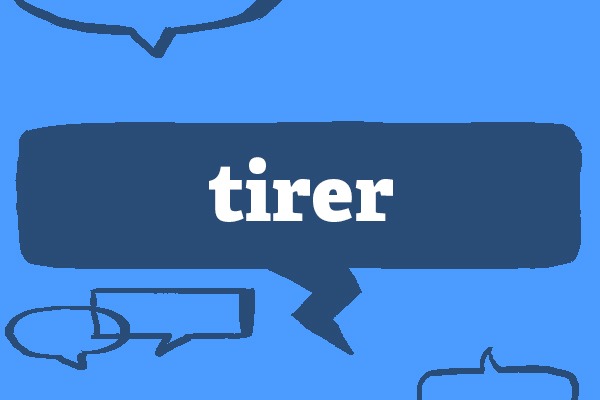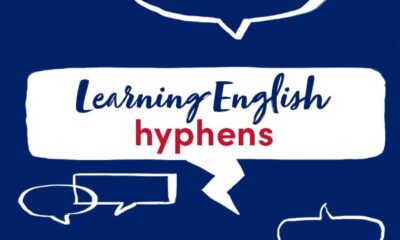For today’s French word of the week, we’re going to look at the verb tirer.
To conjugate tirer, you follow the conjugation of regular -er verbs in French. If you’d like to hear how to pronounce it, listen to the audio here:
function playAudio(url) { new Audio(url).play(); }When we see a new French word, many of us automatically think about its similarities to words that we know in English. Sometimes this helps us work out its meaning, but sometimes it can be a false friend (or faux ami).
What do you think of when you see the word tirer? Perhaps something along the lines of getting tired, feeling tired out, to tire something out? Good guess – but in this case, we’re afraid to say that you’d be completely wrong!
Tirer is a verb which means:
- To pull
- To draw (not artistically, but as in pulling something together or pulling along)
- To shoot or fire
Let’s take a look at how you might use tirer in French:
Arrête de tirer la queue du chat ! Stop pulling the cat’s tail!
Je tire les informations de plusieurs sources. I’m pulling the data from various sources.
TIREZ PULL (you may well see this on the door of a shop in France)
As-tu déjà tiré les rideaux ? Have you already drawn the curtains?
Quand on jouait au paintball il m’a tiré dessus. He shot me when we were paintballing.
tirer sur quelqu’un to shoot at someone; to open fire on someone
C’est un jeu vidéo – je tirais sur des zombies. It’s a video game – I was shooting at zombies.
Tirer can be used both transitively and intransitively – that is, the verb may be followed by a direct object, or it might not. If you need a refresher on verbs, check out our Easy Learning Grammar pages on French verbs.
There’s also the linked noun tiroir – can you see how it might relate to the word tirer? You can listen to the audio here:
function playAudio(url) { new Audio(url).play(); }Un tiroir is a drawer in English. Think of how the English word draw is in there, plus think of how we physically open a drawer with a pulling action. Maybe this idea could help you to remember two of the possible translations when you see the verb tirer?
Well, we can now draw things to a close for another week. Come back next time to learn more intriguing facts and uses of a new French word.
Written by Holly Tarbet, freelance copywriter and editor.
All opinions expressed on this blog are those of the individual writers, and do not necessarily reflect the opinions or policies of Collins, or its parent company, HarperCollins.



